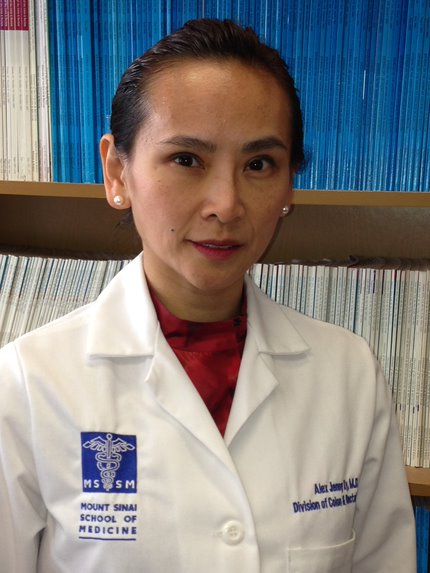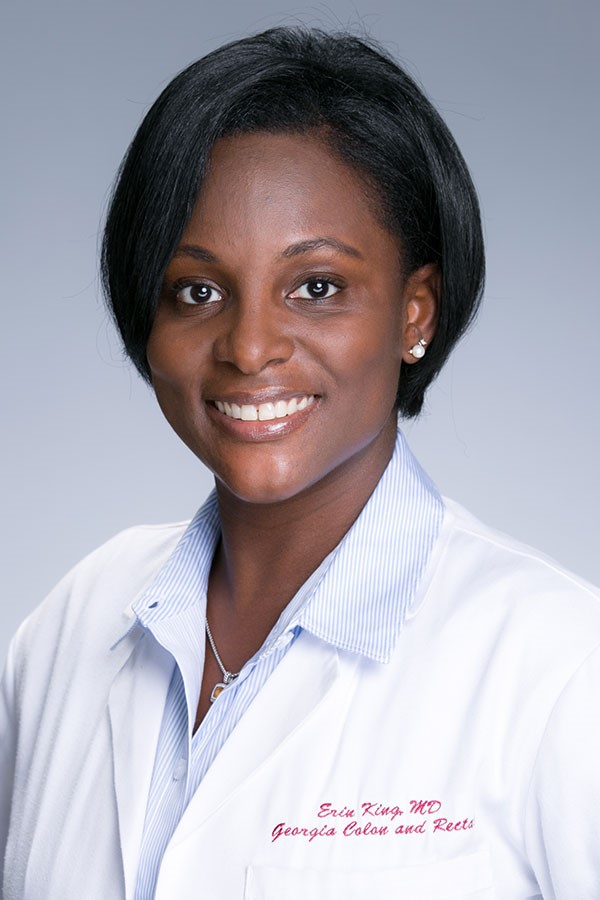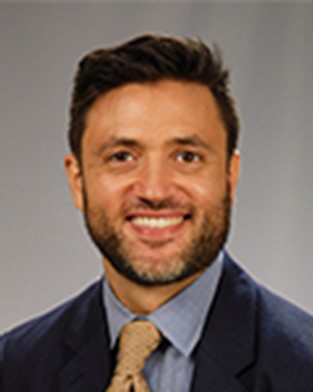Ep. 33 - The Ins and Outs of Fecal Incontinence

Fecal incontinence can be a difficult topic to address with patients and determining the best treatment approach can be even tougher. Join Alex, Biddy, Erin and Jon as they share their communications and treatment strategies for patients with fecal incontinence.
OUR CO-HOSTS

Alex Jenny Ky, MD, FACS, FASCRS
New York, NY
Dr. Ky has been in practice for 22 years and is one of the busiest surgeons in her hospital. She is a former president of the New York Colon and Rectal Society and currently serves as president-elect of the Chinese American Medical Society. Married for 29 years, she is the proud mom of 3 children and in her spare time she enjoys playing golf and squash.

Biddy Das, MD, FACS
Houston, TX (Twitter @BiddyDas)
Dr. Bidhan “Biddy” Das has board certifications for both colon and rectal surgery, and general surgery. His passion for medical education and medical process improvement has resulted in book chapters and publications, and national and regional presentations on those subjects. Highlighting his medical expertise on fecal incontinence, he has been featured on patient education videos and national and international television and radio as a featured expert on these colorectal conditions. Dr Das also has a particular interest in surgeons redefining their careers -- he serves as both a software consultant and private equity consultant in Boston, New York City, and Houston.

Erin King-Mullins, MD, FACS, FASCRS
Atlanta, GA (Twitter @eking719)
Dr. Erin King-Mullins is a double board-certified general and colorectal surgeon. She graduated summa cum laude from Xavier University of Louisiana. After obtaining her medical degree at Emory University in Atlanta, she completed her internship and residency in general surgery at the Orlando Regional Medical Center in Florida. Her fellowship training in colorectal surgery at Georgia Colon & Rectal Surgical Associates concluded with her joining the practice and serving as Faculty/Research Director for the fellowship program until her transition into private practice with Colorectal Wellness Center. She has a husband with whom she shares an amazing, blended family of 4 daughters. The kids keep them pretty busy, but their favorite times are spent on warm sunny beaches.

Jonathan Abelson, MD, MS
Arlington, MA (Twitter @jabelsonmd)
Dr. Abelson was born and raised in Scarsdale, New York in the suburbs of New York City. He has 2 older brothers and both of his parents are dentists. Dr. Abelson went to college at University Pennsylvania, took 2 years off between college and medical school to work in healthcare consulting. He then went to medical school at University of Virginia, returned to New York for general surgery residency at Weill Cornell on the upper east side of Manhattan. Dr. Abelson then did colorectal fellowship at Washington University in St. Louis and am now at Lahey clinic in Burlington, Massachusetts for my first job after training. He is 2 years into practice and has a wife and two sons. His wife works in wellness consulting and they have a dog named Foster who we adopted in St. Louis.
















